
Our aim is to train engineers who are able to apply software engineering techniques in projects aimed at local and global markets. With a solid grounding in scientific, technical and ethical foundations, our students are prepared to intervene positively in all stages of development in software-producing companies.
During this incredible learning journey, you will have the opportunity to develop a business vision in areas such as corporate finance, market intelligence, digital marketing and people analytics, as well as working on your socio-emotional skills.
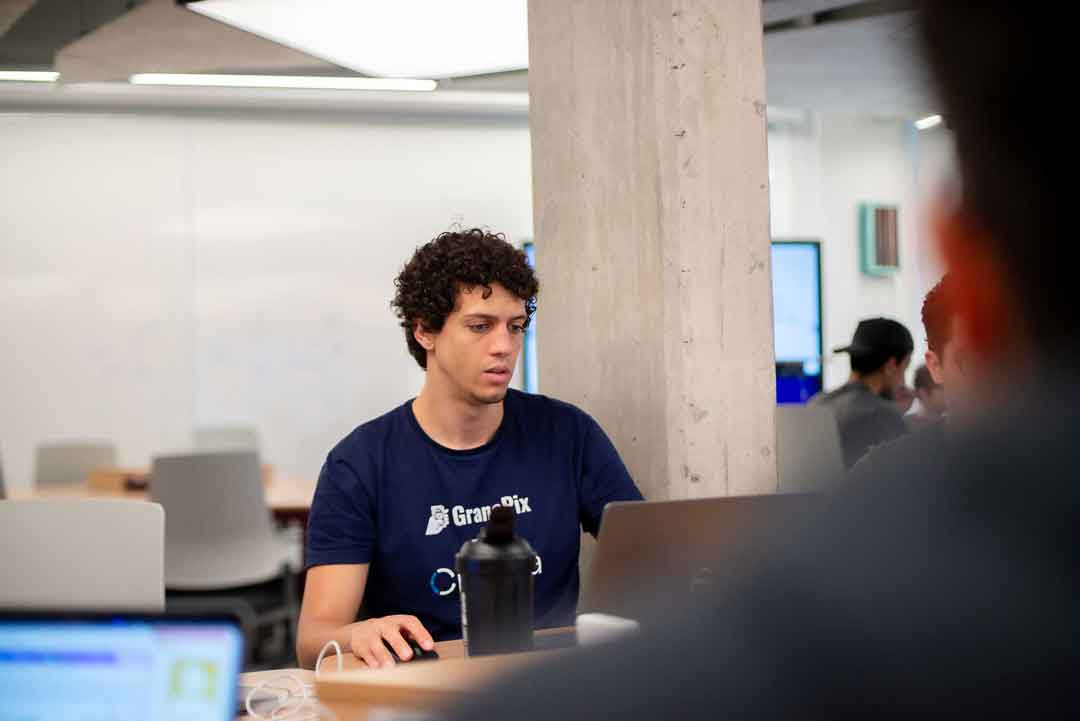
Use mathematical, computational and production fundamentals to create quality software systems;
Understand and apply processes, techniques and procedures for building, evolving, evaluating, integrating and maintaining software;
Analyze and select suitable technologies for building software;
Investigate, understand and structure the characteristics of application domains in various contexts, taking into account ethical, social, legal and economic issues, individually and/or as part of a team;
Design, apply and validate principles, standards, good practices and models in software development;
Participate in and manage projects related to Software Engineering, reconciling conflicting objectives, with cost and time constraints and risk analysis;
Identify new business opportunities and innovate in the fields of Software Engineering;
Demonstrate self-learning, collaboration and communication skills.
Year 1
Common curriculum for all courses
Year 2
Specific curriculum of the chosen course
From the second year onwards you will develop projects specific to the course you have chosen
Year 4
Career acceleration
In the fourth year you choose which track to follow: entrepreneurial, academic or corporate.



*Ordinance No. 1124, of 05/10/2021, published in D.O.U. No. 190, of 06/10/2021, Section 1, page 204.
Grid
Curriculum
Digital Game - A digital game with its own characters, narrative and mechanics, to help institutions in their training and educational activities.
Mathematics/Physics
Computing
Design
Business
Leadership
Web Application - A web system with back-end and front-end, focused on data registration and retrieval, for various corporate applications
Mathematics/Physics
Computing
Design
Business
Leadership
Logic for prediction with Artificial Intelligence
Use of machine learning on databases to generate predictive models that help decision-making.
Mathematics/Physics
Computing
Design
Business
Leadership
IoT solution - Devices with sensors and actuators that collect data and send it to the cloud, helping with monitoring and automation.
Mathematics/Physics
Computing
Design
Business
Leadership
Digital distributed processing system - Analysis and design of software to solve complex problems using cloud systems architecture with a focus on operational efficiency and reliability, employing user testing and relational databases, within a global and interconnected digital context.
Mathematics/Physics
Computing
UX
Business
Leadership
Digital platform based on service-oriented architecture - Development of solutions using object-oriented programming and test-driven development, based on design standards and code quality, to explore the universe of recommendation systems for mobile devices.
Mathematics/Physics
Computing
UX
Business
Leadership
Natural language processing in text, video and audio - Analysis of functional and non-functional requirements with a focus on the architecture of solutions that emphasize the reuse of open and proprietary components to develop and integrate applications that work with audio recognition, sentiment analysis and natural language processing, also focusing on usability and new forms of human-computer interaction.
Mathematics/Physics
Computing
UX
Business
Leadership
Secure and fault-tolerant digital architecture - Analysis, design and simulation of software architectures that adhere to the organizational structures, behavior and interaction of the components of a system, addressing the main aspects such as parts, responsibilities and interfaces, as well as considering scalability, maintainability, security and performance, with an emphasis on the design decisions that guide the construction of systems.
Mathematics/Physics
Computing
UX
Business
Leadership
Resilient digital system with quality as a software asset - Use of methods and techniques for the design and construction of automated tests, essential for software quality control and the rapid detection of errors and failures, with the aim of guaranteeing the expected behavior of the system in simulations for various scenarios.
Mathematics/Physics
Computing
UX
Business
Leadership
Agile software production treadmill - Application of DevOps techniques and software engineering tactics related to IT governance with the aim of ensuring the quality of the software development process and the continuous delivery of value to the business.
Mathematics/Physics
Computing
UX
Business
Leadership
Data architecture and governance aligned with corporate strategy - Application of data structuring, analysis and governance mechanisms and tools, enabling the identification of business opportunities, process optimization and regulatory compliance, allowing organizations to obtain reliable insights and make informed decisions based on available data.
Mathematics/Physics
Computing
UX
Business
Leadership
Trends and Updates
This module covers the latest updates and emerging technological trends, providing an in-depth and practical understanding of innovations. The module is divided into two parts. The first part, the "Technical Review", is guided through continuous learning and validation of learning. The second part, the "Special Project", offers courses such as Fundamentals of Security and Post Quantum Cryptography, Risk Management in Cybersecurity, Immersive Experiences and Business Game, of technological trends, allowing the exploration of new technological concepts and applications of innovative practices, including Libras - Brazilian Sign Language.
Entrepreneurship Track
Corporate Track
Academic Track
Complementary activities
Workload: 400 hours
Total workload
4000 hours
Grid
Curriculum
Digital gaming
A digital game with its own characters, narrative and mechanics, to help institutions in their training and educational activities
Mathematics/Physics
Computing
Design
Business
Leadership
Web application
A web system with back-end and front-end, focused on data registration and retrieval, for various corporate applications
Mathematics/Physics
Computing
Design
Business
Leadership
Logic for prediction with Artificial Intelligence
Use of machine learning on databases to generate predictive models that help decision-making.
Mathematics/Physics
Computing
Design
Business
Leadership
IoT solution
Devices with sensors and actuators that collect data and send it to the cloud, helping with monitoring and automation.
Mathematics/Physics
Computing
Design
Business
Leadership
Digital distributed processing system - Analysis and design of software to solve complex problems using cloud systems architecture with a focus on operational efficiency and reliability, employing user testing and relational databases, within a global and interconnected digital context.
Mathematics/Physics
Computing
UX
Business
Leadership
Digital platform based on service-oriented architecture - Development of solutions using object-oriented programming and test-driven development, based on design standards and code quality, to explore the universe of recommendation systems for mobile devices.
Mathematics/Physics
Computing
UX
Business
Leadership
Natural language processing in text, video and audio - Analysis of functional and non-functional requirements with a focus on the architecture of solutions that emphasize the reuse of open and proprietary components to develop and integrate applications that work with audio recognition, sentiment analysis and natural language processing, also focusing on usability and new forms of human-computer interaction.
Mathematics/Physics
Computing
UX
Business
Leadership
Secure and fault-tolerant digital architecture - Analysis, design and simulation of software architectures that adhere to the organizational structures, behavior and interaction of the components of a system, addressing the main aspects such as parts, responsibilities and interfaces, as well as considering scalability, maintainability, security and performance, with an emphasis on the design decisions that guide the construction of systems.
Mathematics/Physics
Computing
UX
Business
Leadership
Resilient digital system with quality as a software asset - Use of methods and techniques for the design and construction of automated tests, essential for software quality control and the rapid detection of errors and failures, with the aim of guaranteeing the expected behavior of the system in simulations for various scenarios.
Mathematics/Physics
Computing
UX
Business
Leadership
Agile software production treadmill - Application of DevOps techniques and software engineering tactics related to IT governance with the aim of ensuring the quality of the software development process and the continuous delivery of value to the business.
Mathematics/Physics
Computing
UX
Business
Leadership
Data architecture and governance aligned with corporate strategy - Application of data structuring, analysis and governance mechanisms and tools, enabling the identification of business opportunities, process optimization and regulatory compliance, allowing organizations to obtain reliable insights and make informed decisions based on available data.
Mathematics/Physics
Computing
UX
Business
Leadership
Trends and Updates
This module covers the latest updates and emerging technological trends, providing an in-depth and practical understanding of innovations. The module is divided into two parts. The first part, the "Technical Review", is guided through continuous learning and validation of learning. The second part, the "Special Project", offers courses such as Fundamentals of Security and Post Quantum Cryptography, Risk Management in Cybersecurity, Immersive Experiences and Business Game, of technological trends, allowing the exploration of new technological concepts and applications of innovative practices, including Libras - Brazilian Sign Language.
Entrepreneurship Track
Corporate Track
Academic Track
Complementary activities
Workload: 400 hours
Total workload
4000 hours
Basic Cycle Course Coordinator (1st year)
Sergio Venâncio
User Experience, Interaction Design, Arts and New Technologies and 13 years of experience in the market, 7 years as a teacher and researcher.
Course coordinator
(2nd and 3rd year)
Renato Penha
Information Systems. 25 years' experience in the Information Technology market and 12 years' experience in academia.
Course coordinator
(4th year)
Egon F Daxbacher
Project Management, Strategy and Innovation, 14 years of academic experience and 25 years in the market
Academic director:
Flávia Santoro
Degree in Electronic Engineering from the Polytechnic School of the Federal University of Rio de Janeiro (UFRJ).
PhD and MSc in Systems and Computer Engineering from COPPE - Federal University of Rio de Janeiro (UFRJ).
Sabbaticals at the Université Pierre et Marie Curie, France (2004-2005) and Queensland University of Technology, Australia.
She has worked for 20 years as a teacher, course coordinator and researcher in Information Systems and Computer Science, focusing on Business Process Management, Knowledge-Intensive Processes, Knowledge Management and Collaborative Systems and Project-Based Learning.
He has more than 250 publications with various practical results.
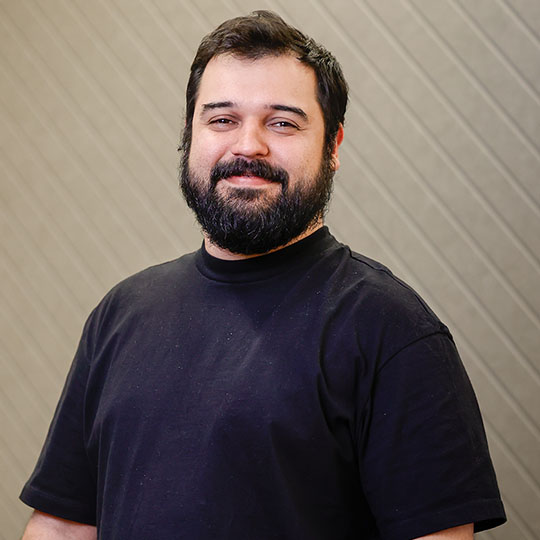
Afonso Cesar Lelis Brandão
PhD candidate in Electrical Engineering and Master's degree in Materials Engineering from Mackenzie Presbyterian University, with a background in Production Engineering and Civil Engineering. At Inteli, he teaches programming, artificial intelligence, and software architecture. He works on backend projects, demand forecasting, and scalable solutions using data and artificial intelligence.
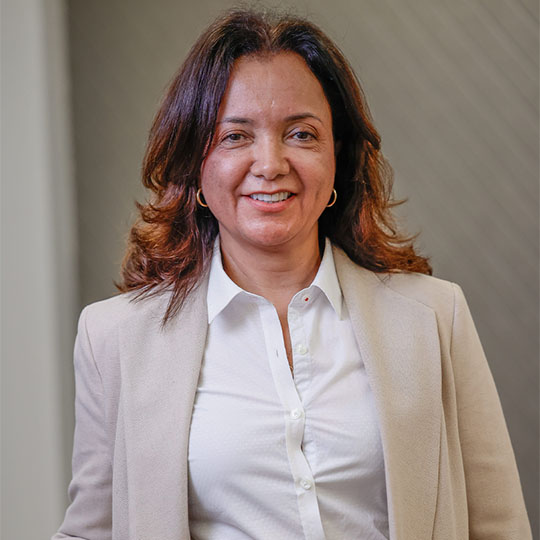
Ana Cristina do Santos
PhD in Electrical Engineering, with an emphasis on Biomedical Engineering from the University of São Paulo (USP), Master's degree in Computer Science and Computational Mathematics from the Institute of Mathematical and Computer Sciences at USP (ICMC-USP), in São Carlos, and a degree in Mathematics from Unesp. At Inteli, she works in project leadership and management, standing out for integrating innovative teaching practices with the development of human skills.
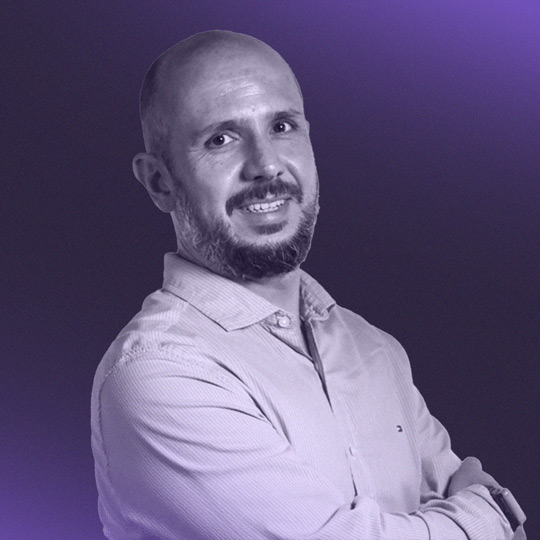
André Godoi
PhD in Electrical Engineering and Computing from Mackenzie Presbyterian University and Master's degree in Electrical Engineering from the National Telecommunications Institute (INATEL). At Inteli, he teaches courses on IoT, artificial intelligence, and embedded systems. With 19 years of experience in teaching and in the market, he connects applied technology, maker culture, and agile methodologies in innovative projects.
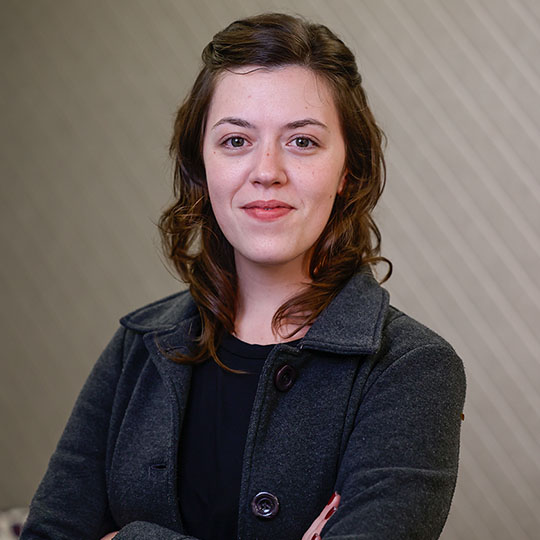
Bruna Mayer Costa
Master's degree in Visual Arts from the University of São Paulo (USP), where she also completed her undergraduate degree in Visual Arts. At Inteli, she teaches UX and Design, exploring creative processes and visual thinking. An award-winning artist and researcher, she works with experimental methodologies that integrate aesthetics, language, and innovation.
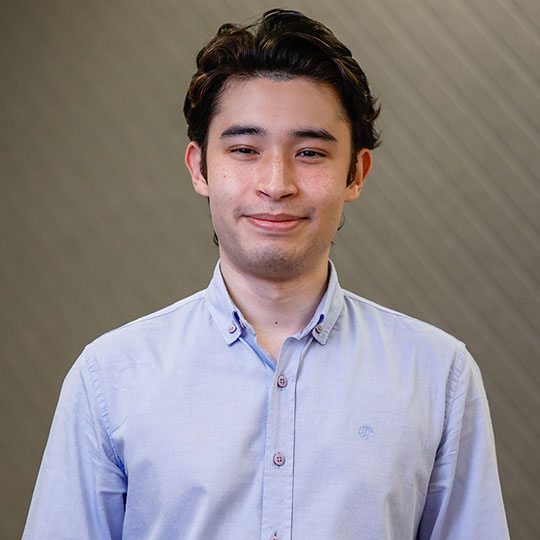
Bryan Kano
Professor, researcher, and consultant in the areas of Innovation, Cybersecurity, and Artificial Intelligence. Master's degree in Computer Science (Cryptography) and specialist in AI from the University of São Paulo (USP). Bachelor's degree in Computer Science and specialist in Data Protection from Mackenzie. Works with emerging technologies such as quantum computing, post-quantum and homomorphic cryptography, language model security (LLMs), intelligent agent architectures, and computational privacy.
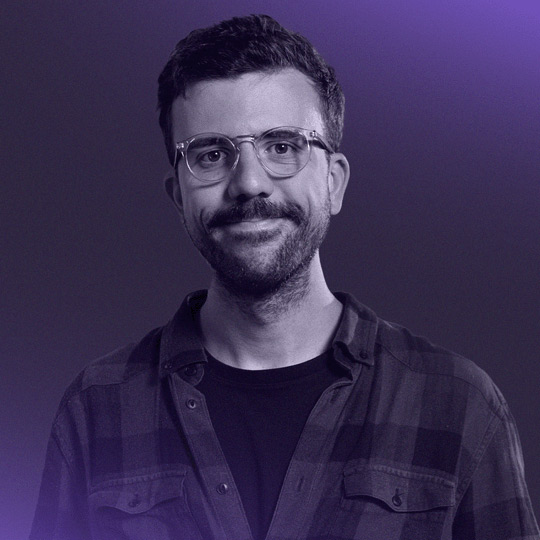
Cesar Almiñana
Master's degree in Electrical and Computer Engineering from Mackenzie Presbyterian University, with specialization in Big Data from FIA. At Inteli, he teaches in the areas of business and artificial intelligence. He works on AI and strategic planning projects, bringing experience from startups, consultancies, and large companies, with a focus on data, innovation, and strategy.
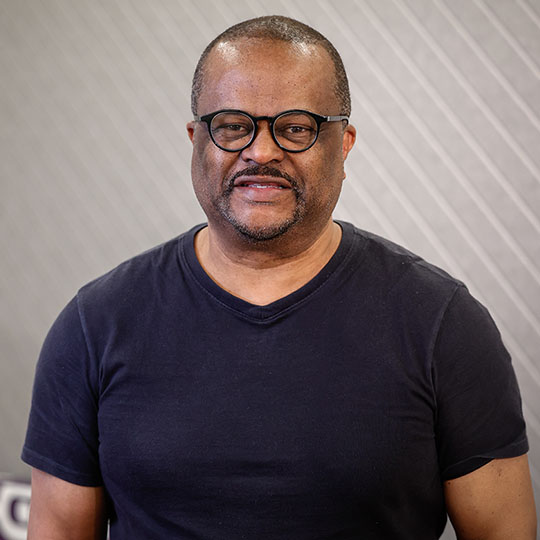
Claudio André
PhD in Education from the University of São Paulo (USP), with postdoctoral studies in Computer Science and training in mathematics, pedagogy, and IT. At Inteli, he works with digital education, leadership, and active methodologies. He has a 30-year career and is a reference in instructional design, inclusion, and educational entrepreneurship.
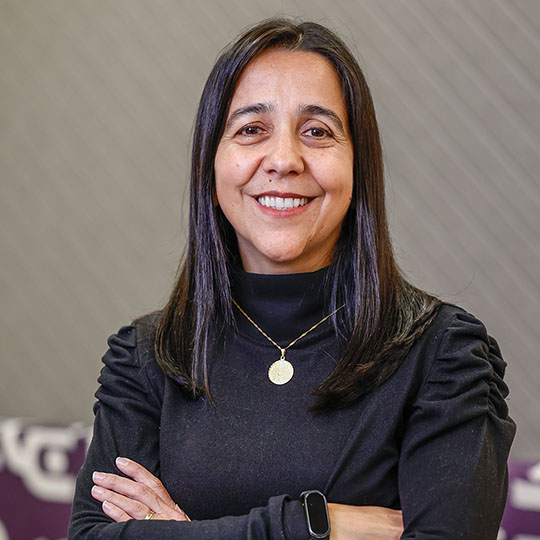
Krishna Irion
With a PhD in Computer Science from the Federal University of Uberlândia (UFU) and a master's degree in Language Sciences from the University of Vale do Sapucaí (UNIVÁS), Crishna has over 20 years of experience as a teacher and researcher. At Inteli, she teaches programming and leads initiatives focused on gender equality, computing marathons, and critical training in the field of computing.
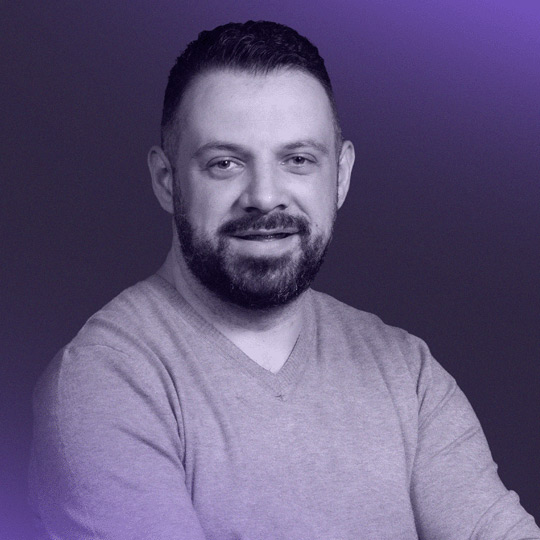
Cristiano Da Silva Benites
Doctor and Master in Electrical Engineering and Computing from Mackenzie Presbyterian University, with an MBA in Data Centers and training in Computer Networks. At Inteli, he works in the areas of computational thinking, artificial intelligence, and infrastructure. He develops solutions applied to education and health, connecting technology to social impact.
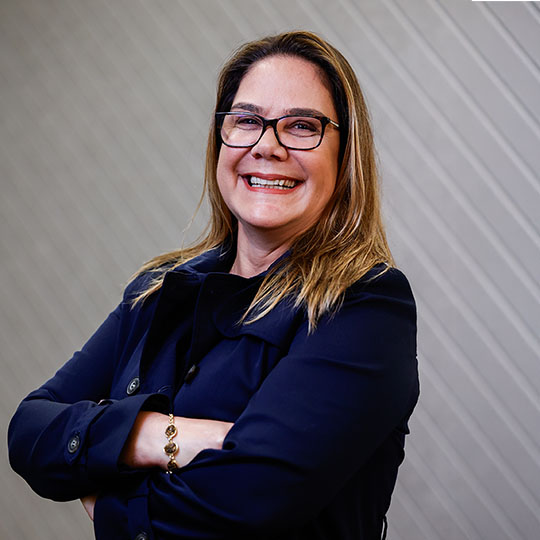
Cristina Gramani
With a PhD in Electrical Engineering from Unicamp and a master's degree in Computational Mathematics, Cristina has a solid background as a teacher and consultant. At Inteli, she teaches Business Analytics and Operational Research, contributing her experience in applied research, data analysis, and optimization, in addition to working on nationally and internationally recognized projects.
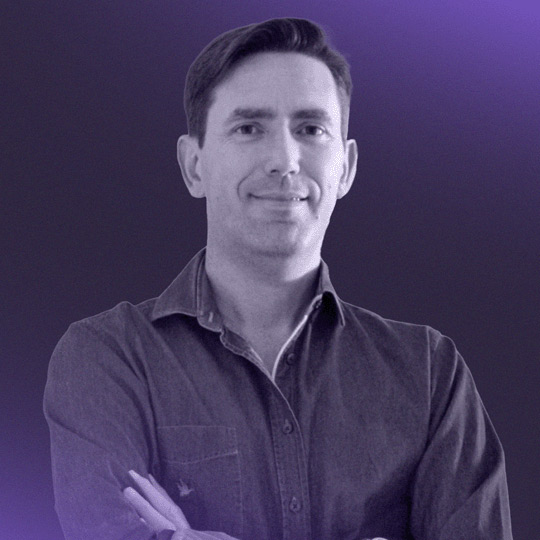
Diogo Martins Gonçalves De Moraes
PhD in Business Administration from USCS and Master's degree in Biomolecular and Pharmacological Sciences from UNESP, with training in Mathematics, Statistics, and Data Science. At Inteli, he teaches courses in mathematical modeling and data analysis, combining applied research and practical teaching in Engineering and Management, with a focus on data-driven solutions for complex market challenges.
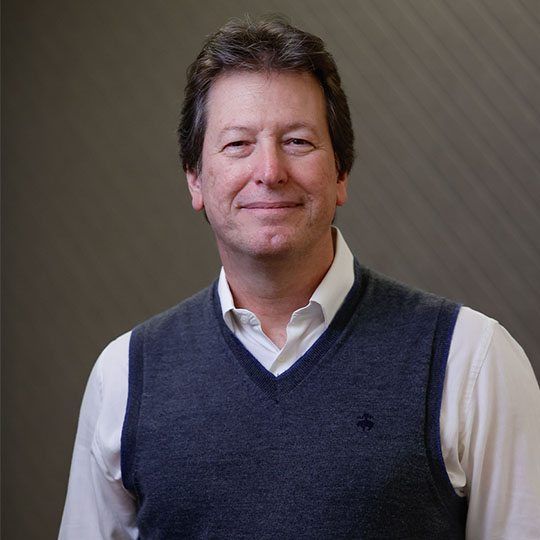
Egon F Daxbacher
PhD in Software Engineering and Programming Languages from the Federal University of Pernambuco (UFPE) and Master's in Business Administration from PUC-Rio. With a solid background as an executive in technology and education companies, he works at Inteli as a 4th-year coordinator and professor of Innovation and Digital Transformation, connecting market practice, strategy, and entrepreneurial culture.
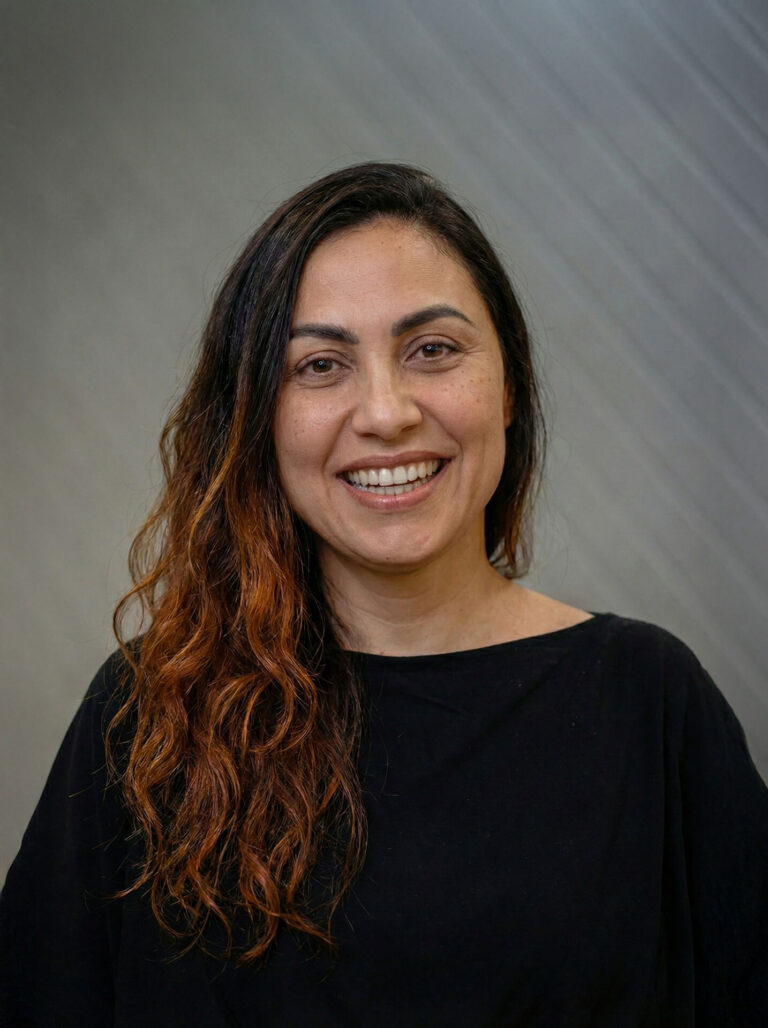
Fabiana Martins de Oliveira
PhD and Master's degree in Intelligence Technologies and Digital Design from the Pontifical Catholic University of São Paulo (PUC-SP), with complementary training in curation, journalism, and cultural management. She also works in the areas of Digital Twins and accessibility in the field of computer engineering, focusing on the integration between design, intelligent systems, and inclusion. At Inteli, she teaches in the areas of UX, narratives, digital games, and innovation, developing educational and artistic projects that articulate culture, social impact, and technology.
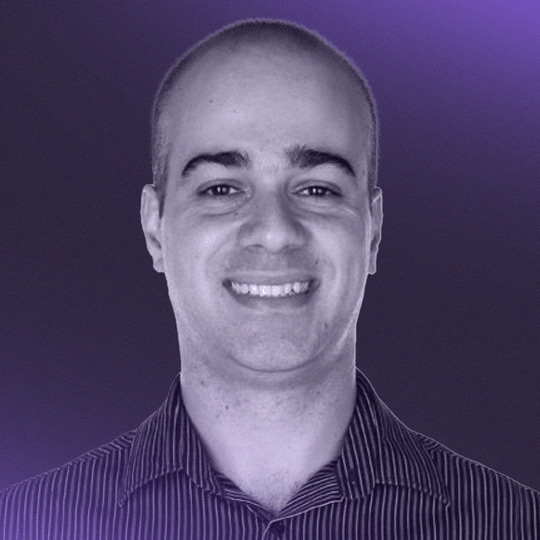
Fernando Pizzo Ribeiro
Electrical Engineer, Master's and PhD candidate in Electrical Engineering from FEI. At Inteli, he teaches courses in Engineering and Information Systems, focusing on mathematics and sustainability. He also works as a content producer and founder of educational support and social technology initiatives, promoting access, inclusion, and impact through innovation.
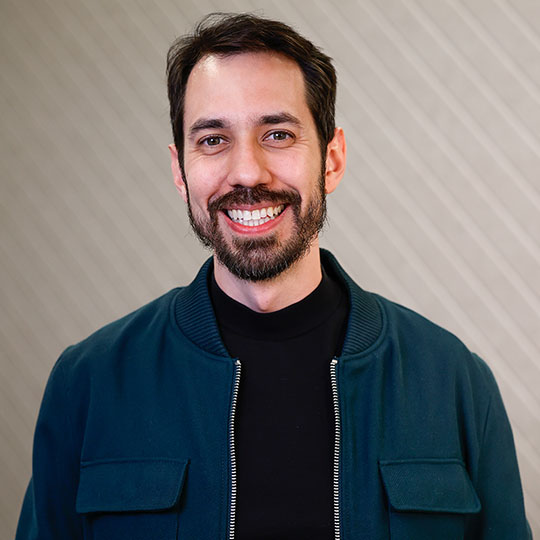
Filipe Gonçalves
Master's degree in Education from Universidade Cidade de São Paulo, with a specialization in Psychopedagogy and a bachelor's degree in Social Sciences from the University of São Paulo (USP). At Inteli, he works on projects focused on ethics, digital technologies, and human development. Founder of a laboratory for innovative pedagogical practices, he combines academic knowledge and practical experience in transformative education.
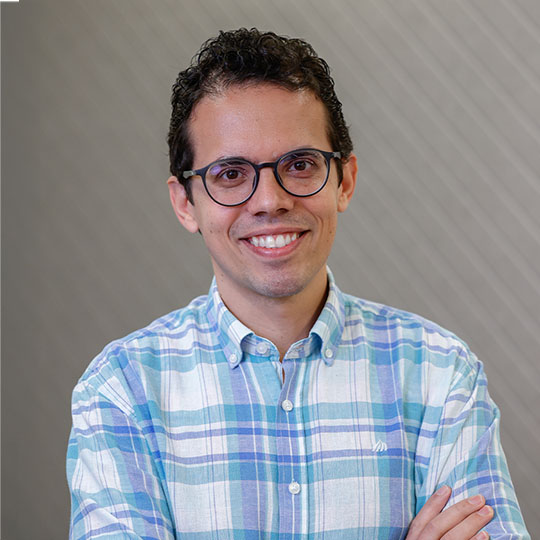
Fillipe Resina
Ph.D., Master's, and Bachelor's degrees in Computer Science from the University of São Paulo (USP). At Inteli, he works as a professor of Computer Science and researcher in Artificial Intelligence, with an emphasis on knowledge representation. He has experience in Java Web development and higher education, integrating solid academic theory with practical application in the classroom.
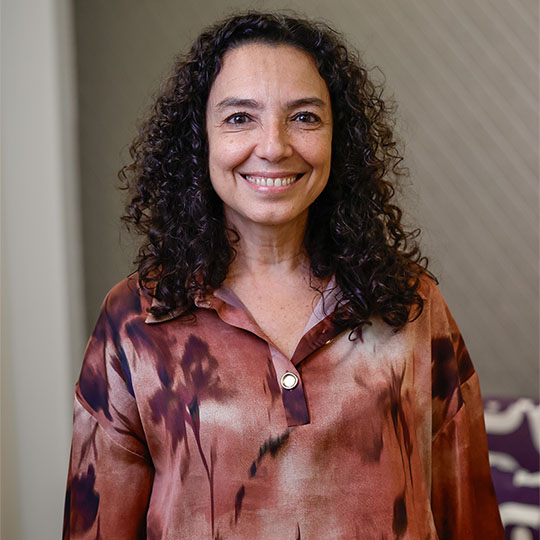
Flávia Santoro
PhD in Systems and Computer Engineering, with a master's degree from COPPE-UFRJ and postdoctoral studies in France and Australia. At Inteli, she is the academic director and teaches courses on IS, processes, and innovation. She is a researcher with over 250 publications and has been featured in international projects.
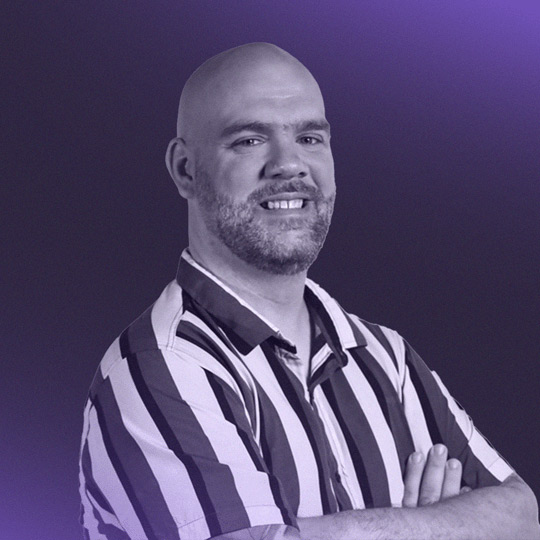
Francisco Escobar
Master's degree in Intelligence Technologies and Digital Design from the Pontifical Catholic University of São Paulo (PUC-SP) and PhD candidate in Visual Arts. At Inteli, he teaches courses in UX, game design, and web development. Designer, writer, and educator, he integrates artistic and technological practices to create creative learning experiences.
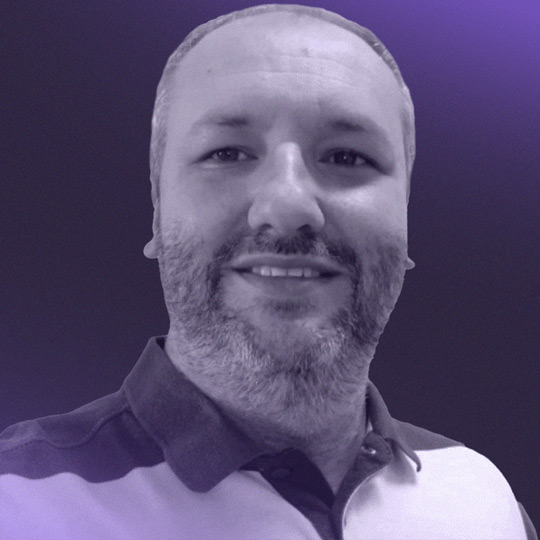
Geraldo Vasconcelos
Master's degree in Physics from UNICAMP, with a bachelor's degree and teaching certificate in the same field. At Inteli, he works as a coordinator and teacher in the areas of Mathematics, Statistics, and Physics. He has 10 years of experience in higher education and international collaborative research projects.
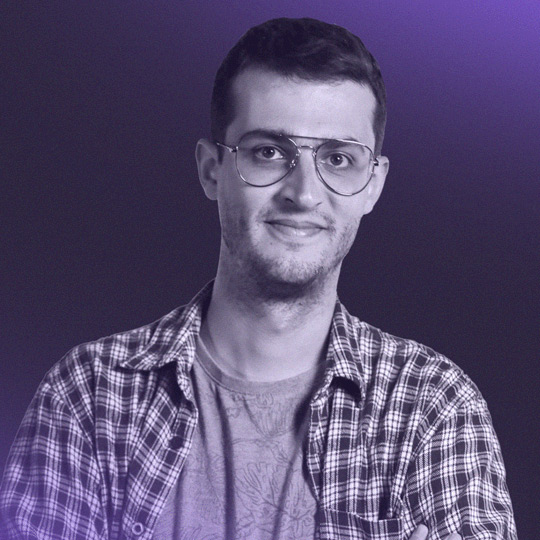
Guilherme Cestari
PhD in Intelligence Technologies and Digital Design from PUC-SP and Master's in Communication from the State University of Londrina (UEL), where he also graduated in Graphic Design. At Inteli, he teaches subjects related to UX, semiotics, and digital narrative. He works as a researcher and designer, focusing on usability, pedagogical innovation, and visual experiences applied to education.
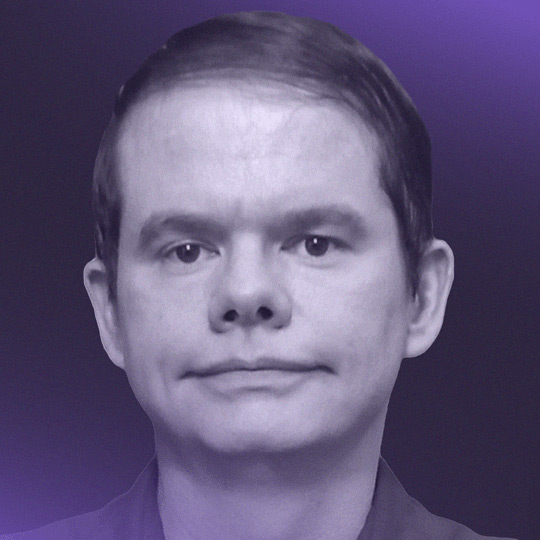
Henrique Mohallem Paiva
Lecturer in Signals and Systems at Unicamp, PhD and Master's in Electronic Engineering from ITA, graduate in Computer Engineering also from ITA, with postdoctoral studies at Concordia University (Canada). At Inteli, he works in mathematical modeling, computer simulations, dynamic systems, and educational research. With a solid background in the aerospace industry, he combines research and applied innovation.
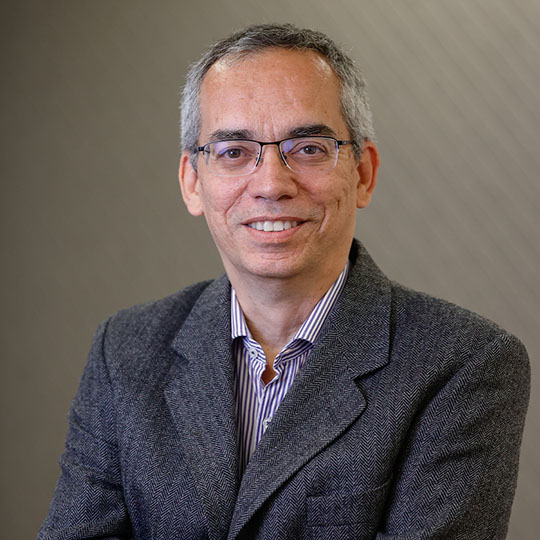
Hermano Peixoto de Oliveira Junior
Master's degree in Computer Science from UNICAMP, with an MBA from FGV and training in Electrical Engineering, Management, and Projects. At Inteli, he teaches and coordinates technology and business courses. He works in educational innovation and business solutions, connecting theory, practice, and transformative leadership.
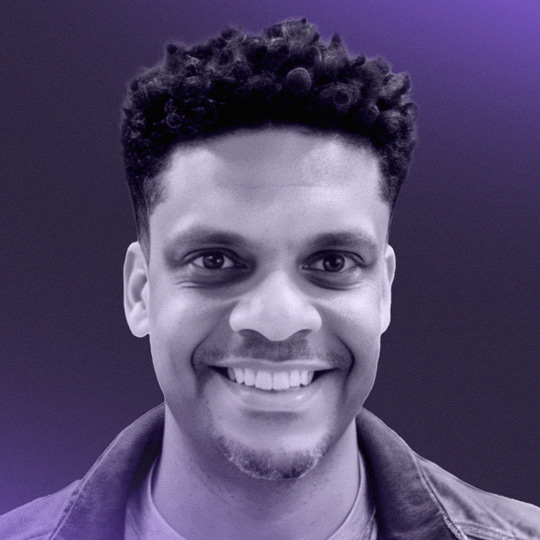
Jefferson De Oliveira Silva
PhD in Computer Science (IME-USP), master's degree from ITA, and bachelor's degree from PUC-SP. At Inteli, he teaches AI and Software Engineering, with a focus on algorithmic ethics. He researches algorithmic racism and develops solutions with social impact in partnership with companies and institutes.
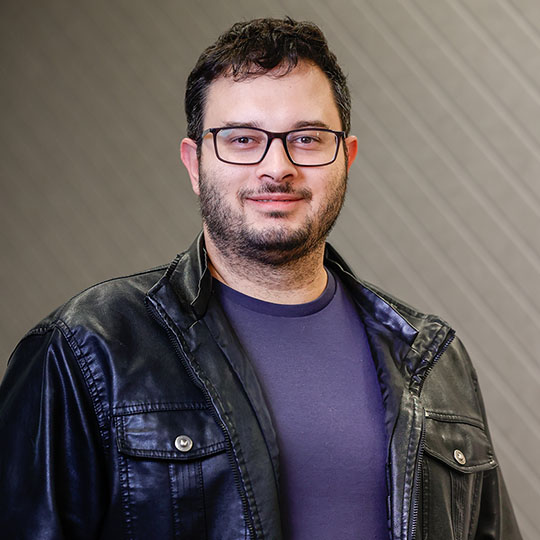
José Romualdo Costa
Master's degree in Project Management from Universidade Nove de Julho (UNINOVE), specializing in Information Technology Governance. At Inteli, he teaches Software Engineering courses, focusing on digital transformation, cloud computing, and agile methodologies. With over 10 years of experience in the technology sector, he integrates practical innovation into the training of professionals prepared for the challenges of the market.
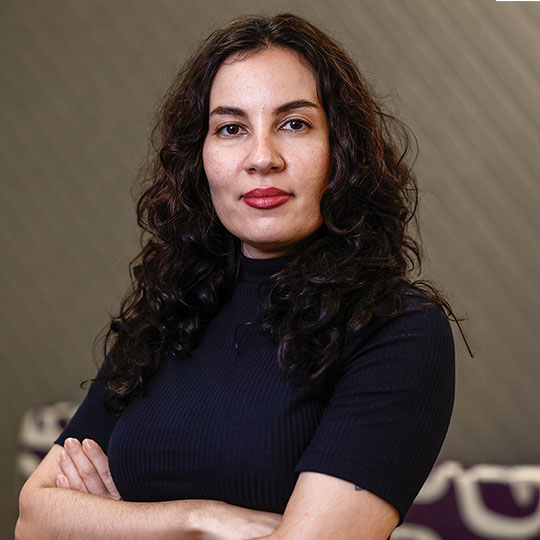
Julia Stateri
PhD in Visual Arts from UNICAMP and Master's degree in Education, Art, and Cultural History from Mackenzie Presbyterian University. With over 20 years of experience in cultural production and game development, she teaches gamification, media, and innovation projects at Inteli. She is a reference in playful narratives, diversity, and technologies applied to creative and inclusive education.
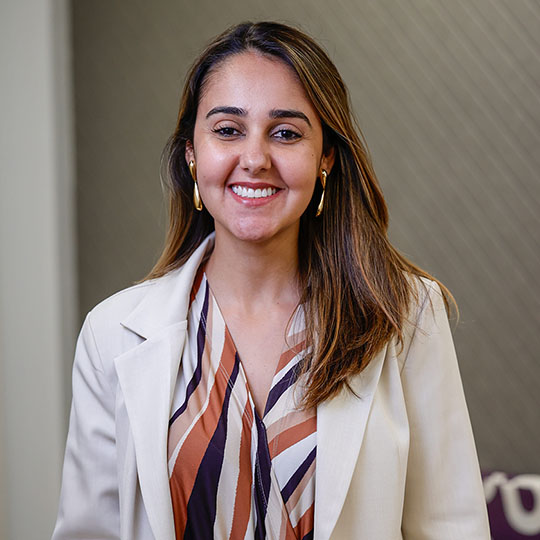
Laíza Ribeiro Silva
PhD candidate in Computer Science at the University of São Paulo (USP), master's degree in the same field, and bachelor's degree in Computer Science from UFSJ. At Inteli, she works as an undergraduate professor and on projects focused on public policies for education. She researches educational technologies, gamification, and human-computer interaction, connecting digital innovation and social impact.
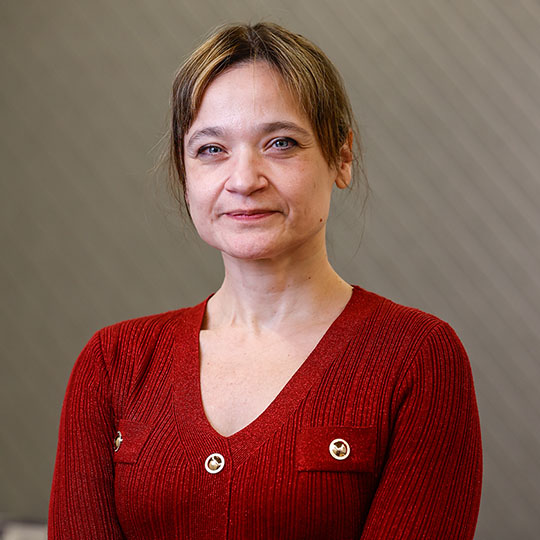
Lisane Valdo
PhD and Master's degree in Business Administration from FEI, with a specialization in Business Management from FGV-SP and training in Electrical Engineering. At Inteli, she teaches business courses, with an emphasis on strategy, management, and innovation. With extensive experience in the corporate and academic sectors, she connects theory and practice to train entrepreneurial and transformative leaders.
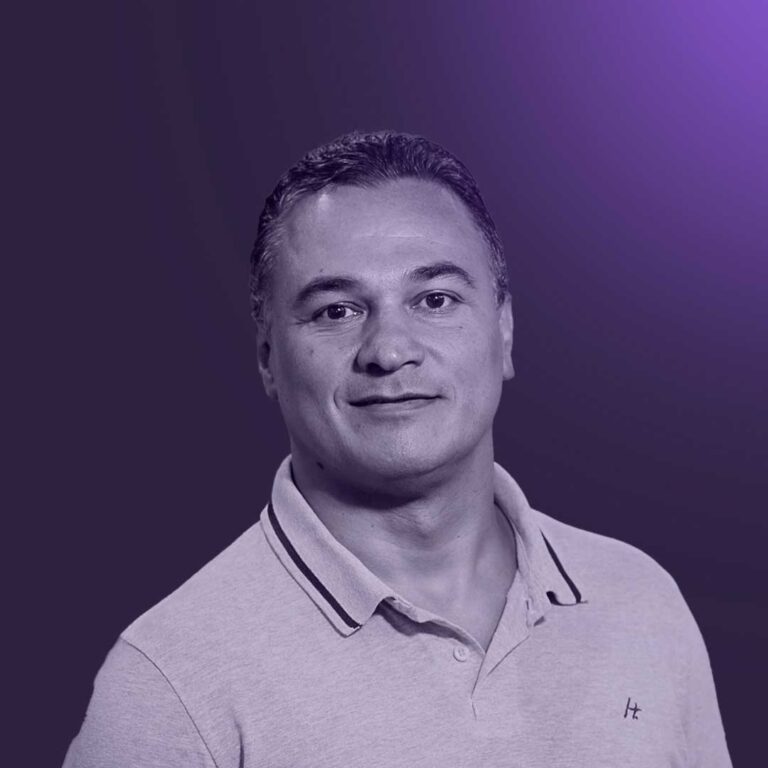
Luciano Galdino
Master of Science from the University of São Paulo (USP), with a degree in Mathematics and specialization in Physics. He has over 20 years of experience in teaching and working in industry. At Inteli, he teaches Mathematics, Physics, and Statistics with a focus on applications in Machine Learning, integrating rigorous theory, computational tools, and professional skills.
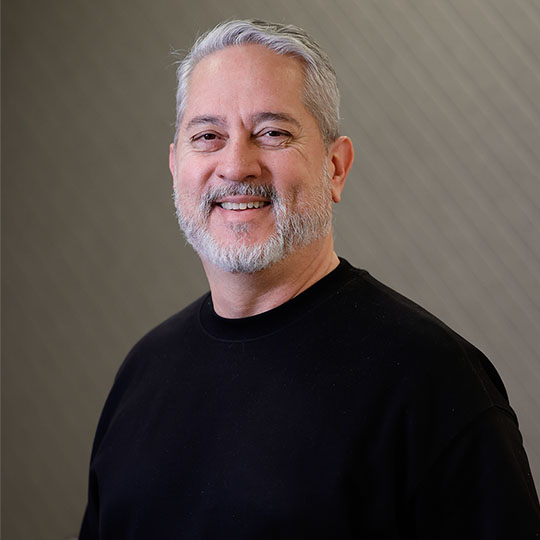
Marcelo Gonçalves
Doctor and Master in Business Administration from Universidade Nove de Julho (UNINOVE), with experience in the IT sector and higher education. At Inteli, he works in the areas of Information Systems, Logistics, and Agile Management. He also leads projects in innovation, digital transformation, and information security, contributing to the training of versatile professionals prepared for the market.
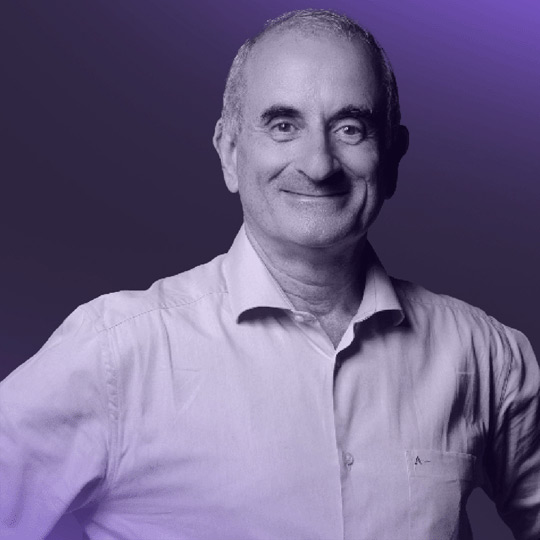
Mauricio Garcia
With a PhD in Veterinary Medicine, a master's degree from USP, and an MBA from FGV, Mauricio has a solid academic background and extensive experience in educational leadership. At Inteli, he serves as an academic advisor, combining scientific training, strategic management, and technological innovation.
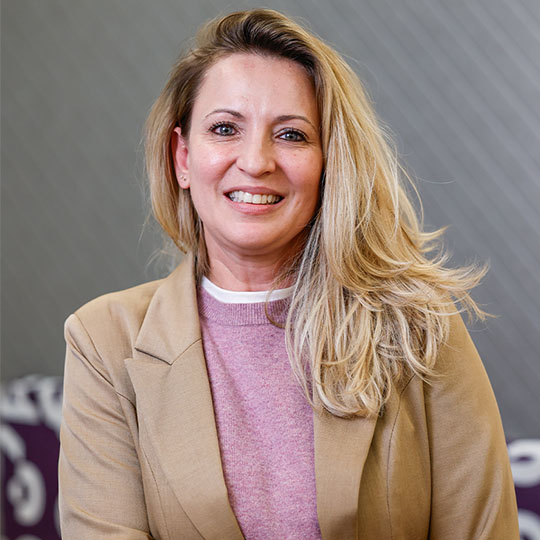
Michele Bazana
Master's degree in Mechanical Engineering in the field of Industrial Automation and Robotics, with a bachelor's degree in Electrical Engineering from INATEL. At Inteli, she coordinates the Computer Science and Computer Engineering courses, as well as the Electronics and Maker laboratories. With over 20 years of academic experience, she combines teaching and management with a focus on innovation, quality, and the practical application of knowledge.
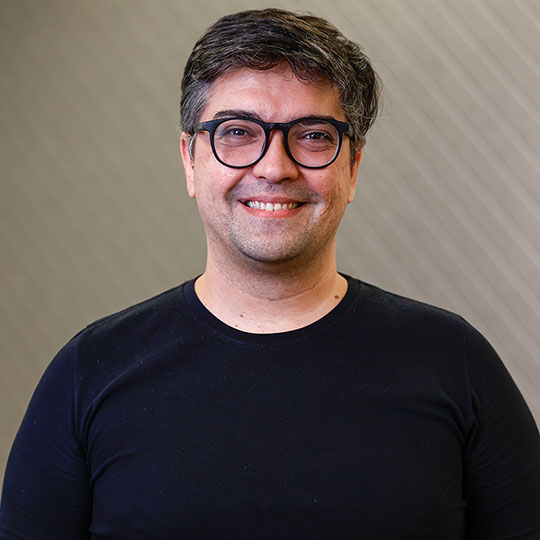
Murilo Zanini De Carvalho
Master's degree in Information Engineering from UFABC, with training in Mechatronics and technical areas of computing. At Inteli, he teaches and supervises projects in embedded systems, artificial intelligence, and digital business. He has experience with technology and innovation, and is a reference in the training of entrepreneurial leaders and the application of digital solutions in education.
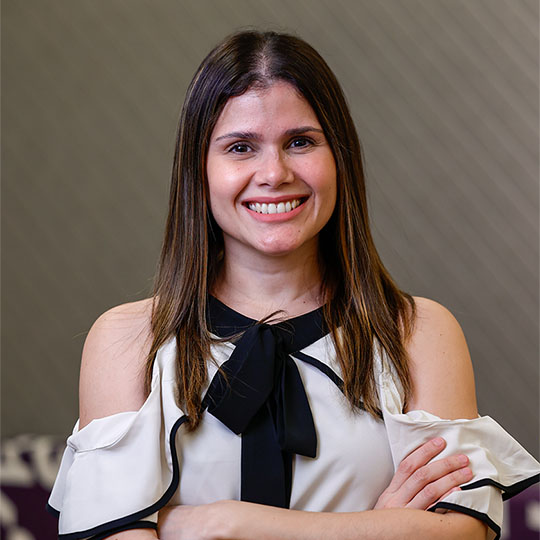
Natalia Varela de Rocha Kloeckner
With a PhD in Business Administration from FEA-USP and a master's degree in Logistics and Operations Research, Natalia has degrees in Economics and Business Administration. At Inteli, she teaches management, operations, and project management courses. She combines academic and practical experience, focusing on supply chain, strategy, innovation, and the development of solutions applied to the corporate and educational environments.
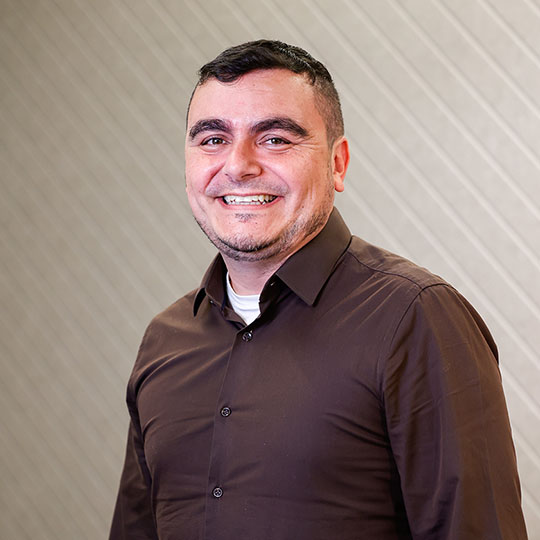
Ovidio Lopes da Cruz Netto
Doctor and Master in Biomedical Engineering from the University of Mogi das Cruzes (UMC), with degrees in Computer Engineering and Education. At Inteli, he teaches programming and works in educational leadership, integrating technology, innovation, and teacher training in high-impact interdisciplinary projects.
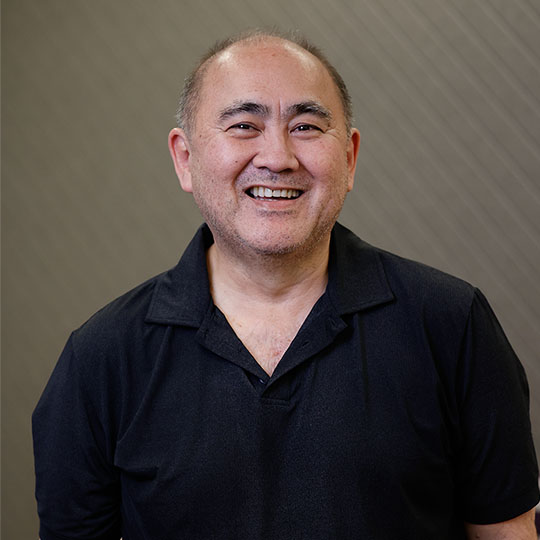
Reginaldo Arakaki
Ph.D. and Master's degree in Electrical Engineering from the University of São Paulo (USP), with a bachelor's degree in Computer Engineering and Digital Systems from the same institution. At Inteli, he works on IoT and Digital Twin projects, promoting integration between academic research and innovative industrial applications.
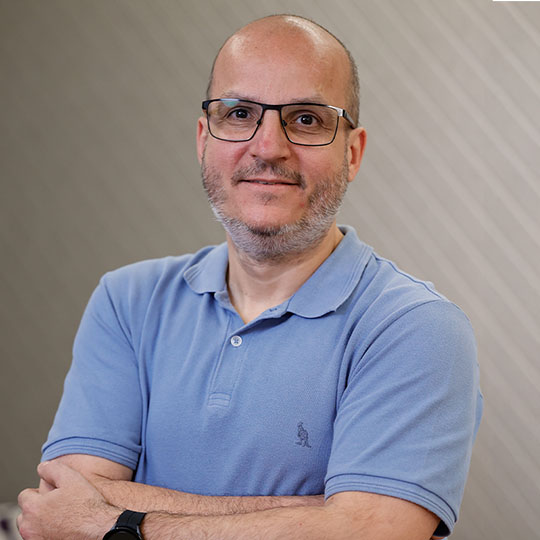
Renato Penha
Doctor, master's and post-doctorate in Administration from Universidade Nove de Julho (UNINOVE), with specializations in Databases and IT Management. At Inteli, he coordinates the Information Systems and Software Engineering courses. With 25 years of experience in the sector, he connects market practice and academic excellence to student training.
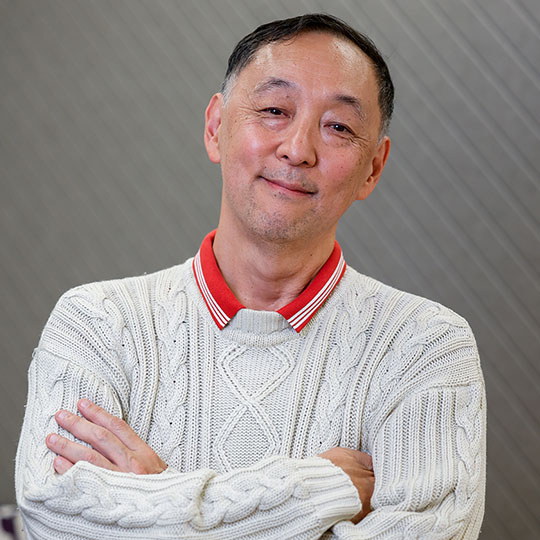
Rodolfo Goya
Master's degree in Electrical Engineering from the University of São Paulo (USP), specializing in cybersecurity. He also has degrees in Physics and Electrical Engineering, both from USP. With over 40 years of experience in computing, he works at Inteli in the areas of IT infrastructure, cloud, and digital security, contributing to the technical and ethical training of students.
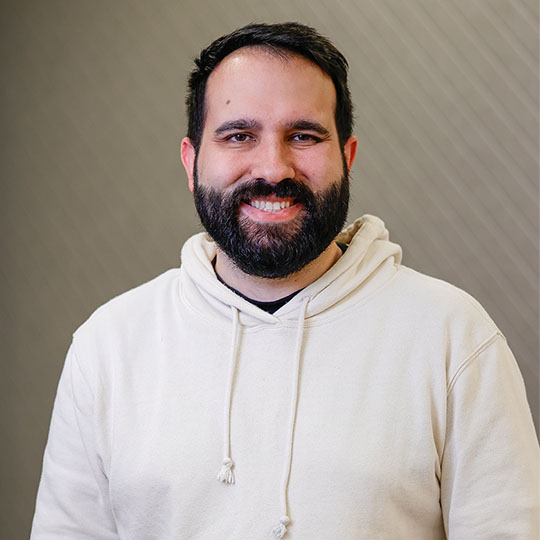
Rodrigo Nicola
Master's degree in Aeronautical and Mechanical Engineering from the Technological Institute of Aeronautics (ITA), with a bachelor's degree in Control and Automation Engineering from the Mauá Institute of Technology (IMT). At Inteli, he teaches in the areas of machine learning and robotics. He has experience in maker culture, leads award-winning educational robotics projects, and develops open and accessible solutions with a focus on innovation and social impact.
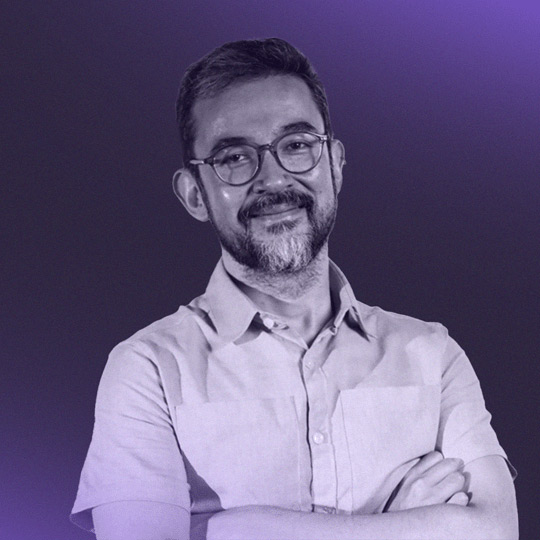
Sérgio Venâncio
Doctor and Master in Visual Arts from ECA-USP, graduated in Computer Science from Unicamp. At Inteli, Sergio coordinates the first-year classes and teaches Design and Computer Graphics. He works as a researcher and artist, developing interactive projects and exploring new digital languages.
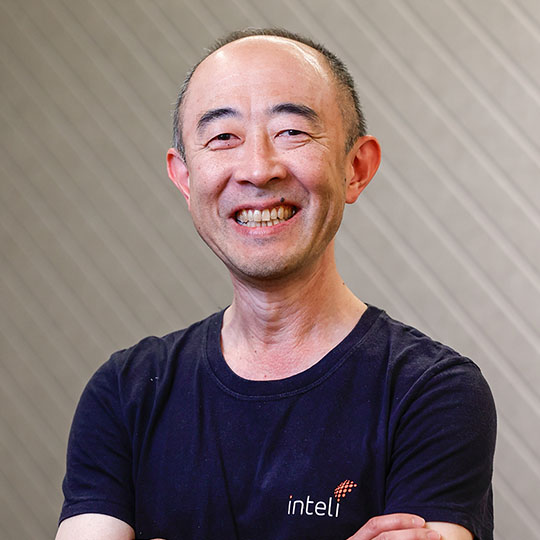
Tomaz Sasaki
Master's degree in Mechanical Engineering and bachelor's degree in Electrical Engineering with an emphasis on Automation and Control from the University of São Paulo (USP). He works as a software architect and professor of systems development. At Inteli, he shares his experience in critical solutions and high-performance environments, bringing students closer to the practical application of technology on a real scale.
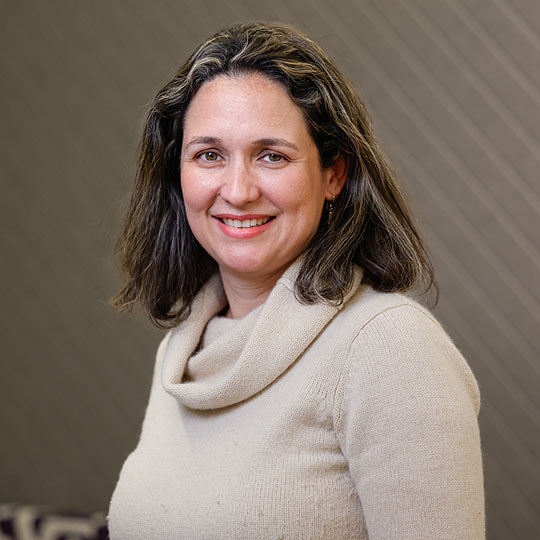
Vanessa Tavares Nunes
PhD in Systems and Computer Engineering from the Federal University of Rio de Janeiro (UFRJ), where she also completed her master's degree in Computer Science and her undergraduate degree in Computer Science. With postdoctoral degrees from the University of Brasília (UnB) and Fluminense Federal University (UFF), she teaches Software Engineering at Inteli, connecting corporate architecture, project management, and applied research.